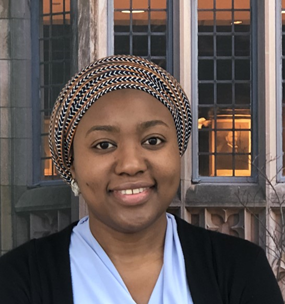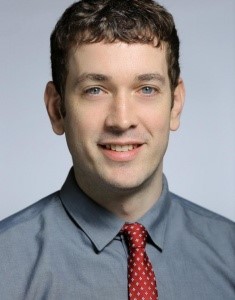The Duke Center for Geriatric Surgery is a multidisciplinary, interprofessional center supporting advances in perioperative care for older adults through clinical innovation, education, and research. It aims to enhance clinical care and health professions education in geriatric specific issues that are critical in the perioperative period. DCGS advocates for patient and family centered care and will help guide policy that affects decision making and payment reform in the perioperative period. DCGS supports clinical and basic research in enhancing surgical outcomes in older adults.
To that end, the Center has the following core aims:
- Provide optimal perioperative care for older adults undergoing surgery
- Collaborate across disciplines, professions and settings
- Develop educational programs on how to care for older adults across the perioperative period
- Support clinical, basic, and translational research on perioperative care
- Provide leadership on innovation and policy
- Enhance perioperative care through the innovative use of technology
Special Congratulations

Dr. Hadiza Kazaure was recently awarded the American College of Surgeons-James C. Thompson Associate Fellow Scholar in Geriatric Surgery and Patient-Reported Outcomes (2020-2022). This is a 2-year fully-funded fellowship with the ACS-GSV Program. Dr. Kazaure will serve on the Data and Measurement Task Force within the Geriatric Surgery Verification Committee and also be a key member of the Patient-Reported Outcomes Group and will work towards developing patient-reported outcomes metrics for geriatric surgery.

Dr. Daniel Parker was recently awarded a GEMSSTAR R03 from the National Institutes of Aging to evaluate the relationship between skeletal muscle healthy and age-related cognitive impairment.
There is increasing evidence that sarcopenia, a disease of skeletal muscle characterized by reduced muscle mass and strength, is a risk factor for Alzheimer’s disease and related dementias (ADRD), but the potential mechanisms are unknown. Age-related sarcopenia and ADRD may be mechanistically linked by dysregulated kynurenine metabolism in skeletal muscle. Kynurenines are tryptophan metabolites with neurotoxic or neuroprotective effects. Activity-induced skeletal muscle contraction may protect against ADRD by decreasing accumulation of neurotoxic kynurenines in the brain, with effects regulated by activity-induced muscle contractions. In this study, Dr. Parker will evaluate the relationship between physical activity, kynurenine metabolites, and cognitive performance in community-dwelling older adults.
In the News
A push to get older adults in better shape for surgery (Washington Post, January 2018)
Have you scheduled surgery? Then you’d better start training. (Washington Post)